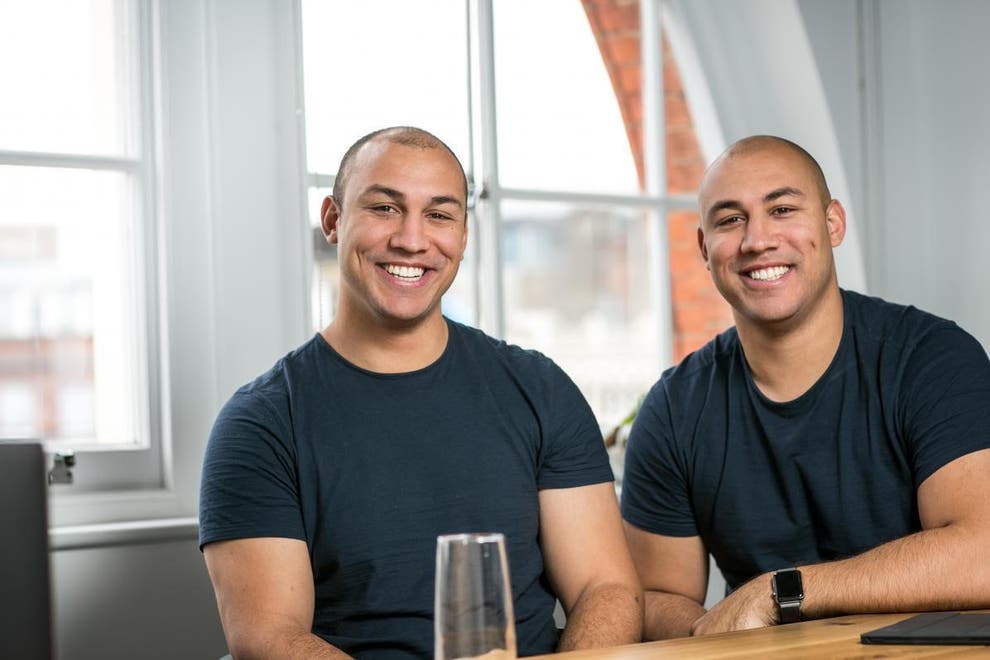The south-west Londoner, his twin brother Alexander and their engineer friend David Goaté are the co-founders of Britain’s latest unicorn, car insurance start-up Marshmallow. Launched in 2016, the fintech is a licensed insurance carrier and has a mobile app allowing digital claims. It specialises in offering cover to customers spurned by traditional providers, such as young male drivers, those living in the UK on temporary visas and people with low credit scores.
“There were four of us at the time, and we had an £80 gym membership, so we’d have a desk plus a sauna and a steam room. It was just the cheapest office space,” Kent-Braham says.
Since leaving the steam room the start-up has netted more than 100,000 users. It grew headcount by 200% last year to 170 staff, and just raised $85 million (£62 million) in a Series B funding round from tech investors including Monzo-backer Passion Capital, giving it a valuation above $1.25 billion.
Kent-Braham, whose stint as a banker at Investec lasted six months before he ventured out on his own, was inspired to launch the start-up after a Canadian friend “kept getting hit by these outrageously expensive quotes”.
The three founders worked out by getting deeper into the data they could even give quotes to people with bad credit scores, as they could work out which are in reality able to pay for the insurance. “You’re really able to just widen and make insurance a bit more inclusive,” Kent-Braham says. “We didn’t feel insurers were doing a good enough job.”
He throws in lines like “we’re the boring business type backgrounds” about himself and his twin, and admits the start-up’s moniker was chosen in part “because we just really liked the idea of a fluffy marshmallow”.
“We looked at insurance and they all start with A and it’s all kind of the same,” he says. “We wanted something very different that people would remember.”
Marshmallow is only the second UK start-up created by black founders to be valued at more than $1 billion. The first came this summer with digital payments service WorldRemit.
Does Kent-Braham like being held up as an example of success in this context?
“We think it’s useful for other founders to see firms led by minorities be successful,” he says. “It is nice for the space and hopefully it gives people role models, but it’s not our core, core message.”
The twins split responsibilities, with Kent-Braham leading external-facing matters including raising cash, while his brother leads on internal culture and products.
“I’m biased,” he says. “But if you look at founding teams and how long they’ve known each other, there’s a huge positive correlation between how long you’ve known someone and how likely or unlikely you are to go on and be successful….There’s a huge benefit to working together.”
Kent-Braham believes the start-up has barely “scratched the surface” of disrupting the $5 trillion global insurance market. The founders are now working out which European market to expand into, and plan to use their new cash to hire another 400 people by 2023.
Marshmallow may have achieved unicorn status, but Kent-Braham believes the team can go even further from their London base and is up for the challenge.
“At a start-up the company changes so rapidly and the problems change so rapidly. Even a year ago we were 50-60 people and that’s so different from today — the way you communicate and how you work changes, so you need to be really flexible and adaptable to that change. And it makes it really interesting.”









